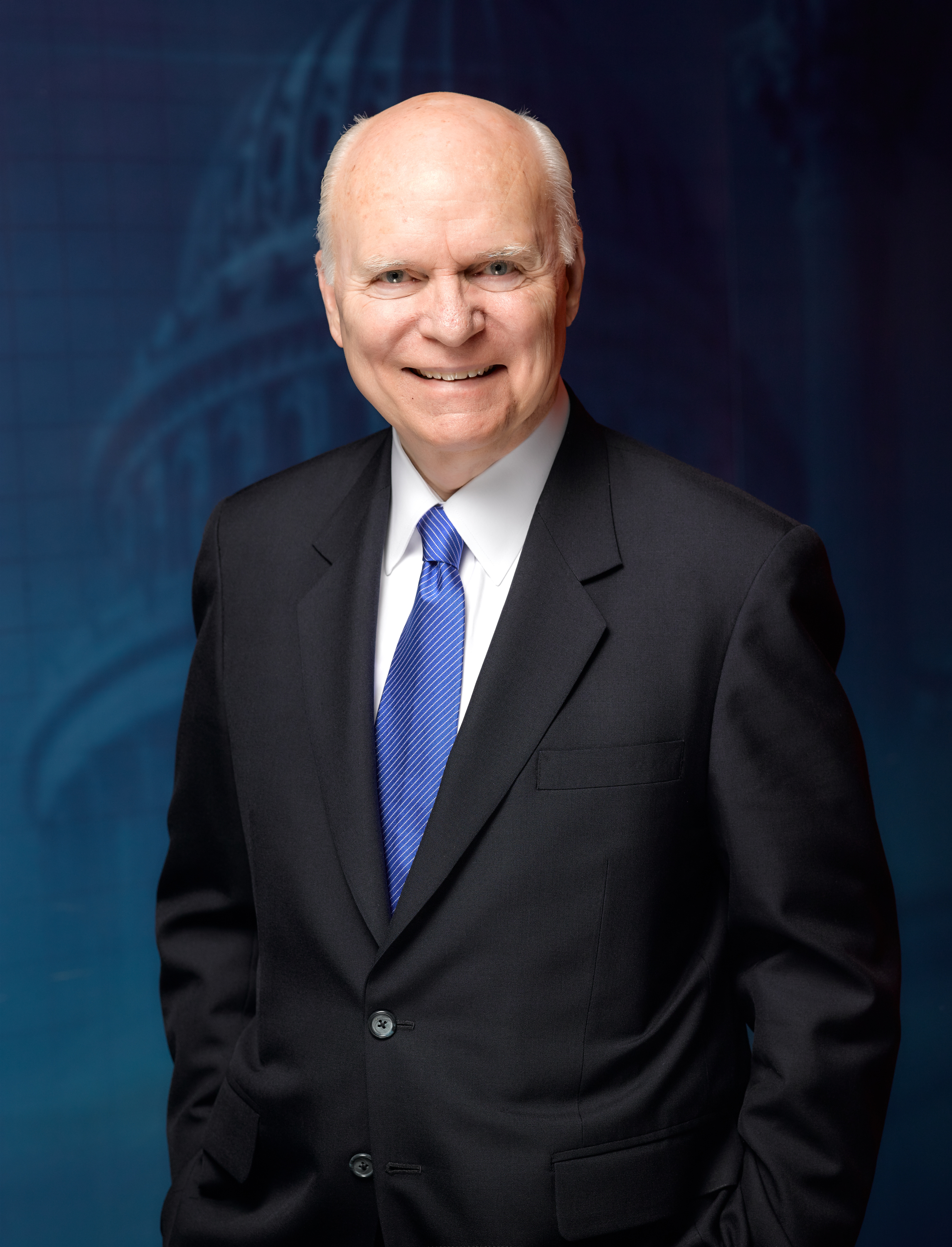The Genius of Brian Lamb
The smarter way to stay on top of the multichannel video marketplace. Sign up below.
You are now subscribed
Your newsletter sign-up was successful
When I was a kid, I would regularly sit with my Grandpa Rocco in a cigar-smoke-filled room in Boston and watch the Massachusetts legislature on TV. I had very little idea what the local politicians were talking about, but about every twenty minutes or so Rocco would holler things like "Well then do something, you bums!”

I found those times to be a combination of excruciatingly dull and intermittently riveting. My grandpa, who owned a modest neighborhood deli near our three-family, three-generation house, would use the slow proceedings on the floor as a way to teach me about the fundamentals: taxes and representative government, social justice and, plain as day, televised corruption.
What made it all the more interesting is that Rocco was not technically qualified to teach me these things. He himself had an education that abruptly stopped during seventh grade when an Irish priest made a comment about his Italian roots coupled with a smack to the back of his head. (Rocco, as he told the story, “knocked him out” and refused to return to school ever again.) And yet his articulation of legislative proceedings was seamless. He knew every motion, understood the complexities and protocols of the sessions and could discern the grandstanding from the real discourse that would shape our Boston neighborhood and his business.
And he had used the TV to learn all of it.
The then-new concept of “gavel-to-gavel” televised government, pioneered by C-SPAN founder Brian Lamb and some cable-industry cowboys, was being played out across the country and across the economic/geopolitical spectrum.
Thanks to the launch of C-SPAN, and various local governments following suit, people now had something unprecedented in all of human history: easy access to the debates and policy-making affecting their neighborhoods, cities, states, country and world.
It was, on the surface, a simple innovation, but in practice it was revolutionary. It was genius.
The smarter way to stay on top of the multichannel video marketplace. Sign up below.
But Brian Lamb's genius didn't stop there. He did something that meant all the difference in the world: He found a model to keep advertising out of it (with support through fees from cable and satellite providers).
He knew that the substance of C-SPAN would get decimated in the typical ad- and ratings-supported models. (Ads and ratings are not friends of a fully educated electorate because the aims of capitalism are to make money, not to keep people informed. News may be in the business of informing and entertaining, but it is also in the business of pleasing its clients so the money keeps coming. This tension leads, of course, to sound-bite journalism and favoring the emotion-provoking over everything else.)
Likewise, Lamb (co-author of a new C-SPAN book on The Presidents) knew that if C-SPAN was subsidized by the government, it would be beholden to the political majority or used as a political football and leverage point.
As a cable news reporter, Lamb saw that local cable operators were frequently in complex negotiations with local officials to run lines, dig up streets and build out what would become the data spine of the United States. They also needed more content, cheap, and they needed to offer these local municipalities something more than just a plan to come in and make money.
Lamb found the niche between business and government to create a system that would help people. C-SPAN gave cable operators and local governments the ability to do something simple that helped people stay informed, for less than a nickel per household per month. And to everyone's credit at C-SPAN and the cable industry at large, that fee structure has continued long after cable operators gave up the local monopolies.
As John Eggerton recently wrote, C-SPAN is able to draw bipartisan praise in the Congress — something not easy these days.
Lamb gave a long interview to The Wall Street Journal where he announced he would stop doing his weekly interview program, Q&A, after 30-plus years on May 19 with a show featuring historian David McCullough. While much of the media was quick to wrongly conflate Lamb’s ending of his decades-long weekly interview show with his career send-off, those who know him probably had a good laugh at the idea of his “retirement.” He will likely never stop working. It’s a pretty safe bet that he will still be there to turn on the lights in the morning, chuckle his way through the hallways, and provide sage advice and a warm ear to people of all ranks.
So many people in the cable industry know Brian’s humble ways. He is quick to deflect any personal credit for improving democracy, for inspiring a movement toward open government, for transforming so many TV viewers — like Grandpa Rocco — into civically-minded citizens.
When put on the spot about his achievements, Lamb always points to all the cable operators who went out on a limb, who took private-sector money and put it to use for the common good. He also always points to the incredible work of his executive team and the hundreds of amazing people who work tirelessly on C-SPAN’s important mission.
He is also quick to remind everyone who praises his accomplishments that the battle for the life of C-SPAN will never stop. That open government is not a given, and that one day this could all go away unless the private sector continues to invest in what is good for everyone.
I guess when you dedicate your career to the betterment of society, the mission is never quite complete and the praise can be hard to accept because it misses the point: It’s not about him and never has been.
Jason Damata, the founder and CEO of Fabric Media and an industry analyst for TV[R]EV, worked at C-SPAN from 2001-2005.
